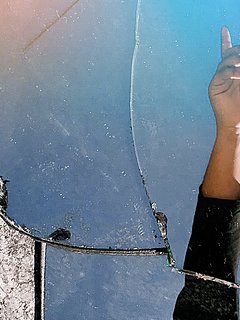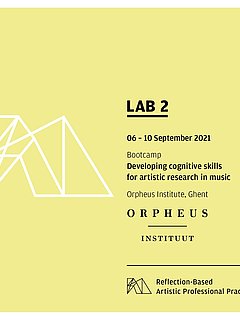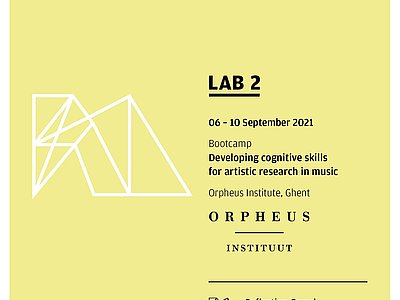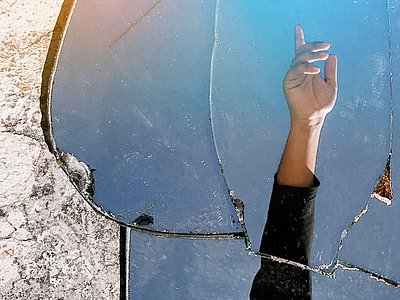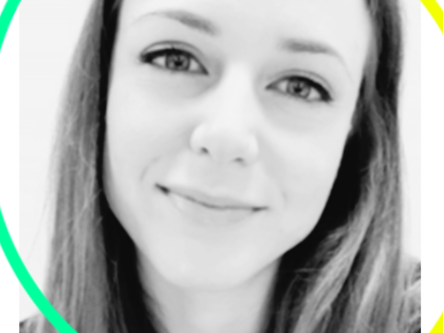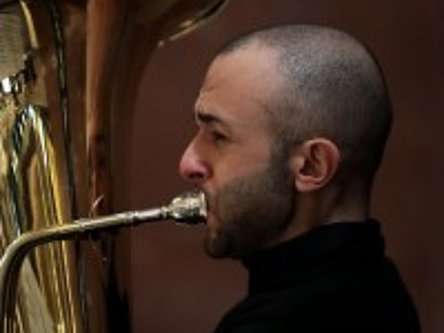Developing cognitive skills for artistic research in music
Reflective practice in artistic research is predicated on the repertoire of conceptual models available to the artist – innate, learned and assimilated, conscious, half-formed and obscure. This experimental workshop takes a radical approach to developing cognitive skills for artist-researchers in music. It seeks to encourage development in areas that will support and empower reflective research in all areas of music, through the joy of focussed learning.
Bootcamp from 6. - 10.9.2021 at the Orpheus Instituut, Ghent, Belgium >>
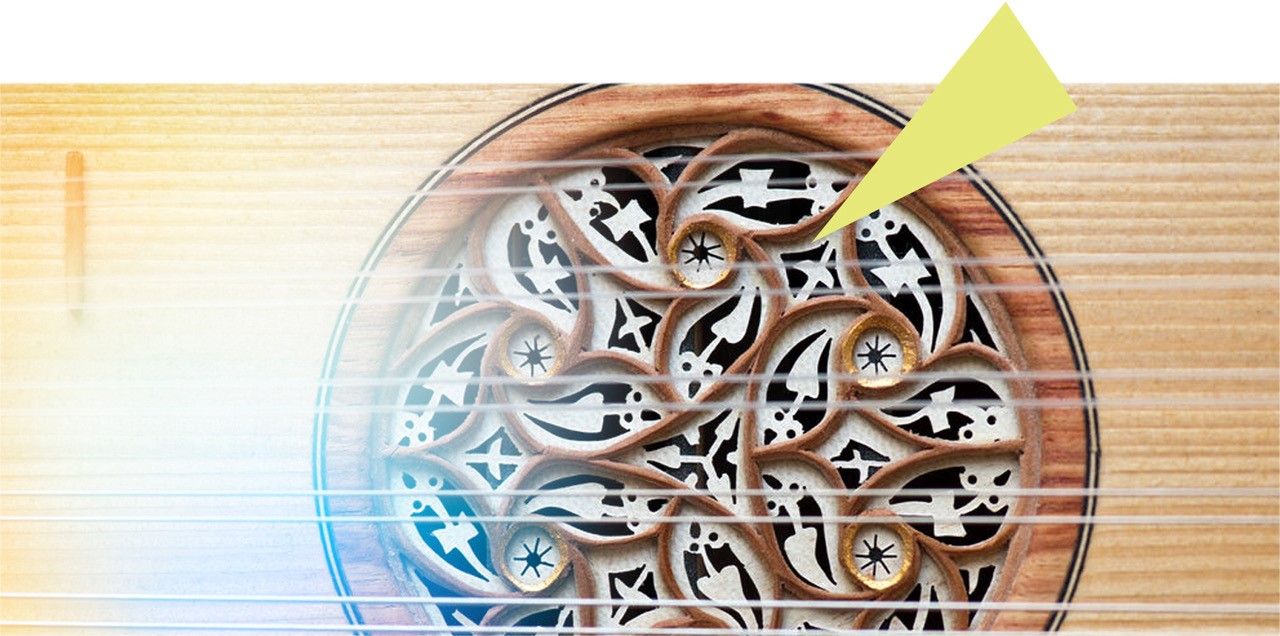
Structure of the Camp
Courses in common learning environment
Homework
Teachers' consultations and plenary discussion
Courses
Critical Reasoning
Marianne Talbot (Oxford University)
The empirical evidence is mounting for the view that we are nowhere near as rational as we think we are. Could it be that we are not actually rational at all? During the sessions we will reflect on what it is to be rational, consider what being rational enables us to do, particularly in our pursuit of musical excellence, and finally we’ll look at how, if we are rational, we might get better at reasoning. More details.
Sixteenth Century Counterpoint
Markus Roth (Folkwang University of the Arts, Essen)
The training of contrapuntal thinking in contexts of Sixteenth-Century Music is a perfect school of combinatory skills and therefore for composition and ‘creative thinking’. The engagement with both musical Practise and Theory can also offer fascinating impulses for our own today’s musical experience and thinking. More details.
Programming in the Arts: Practice and reflection
Magno Caliman (Orpheus Institute, Ghent)
While programming experimental instruments capable of sound generation and manipulation, the fundamentals concepts of computer science – such as functions, variables and control structures – will be presented, discussed, and experimented with. More details.
